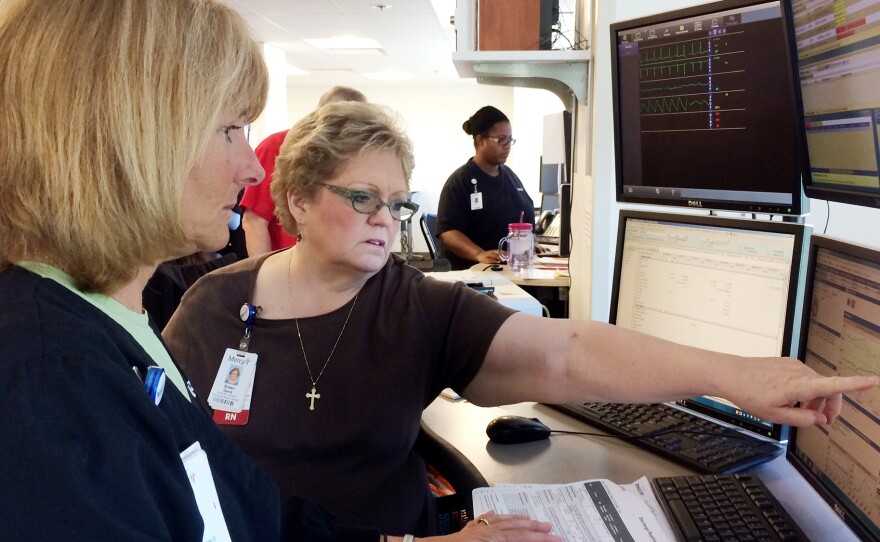Many people who’ve had non-coronavirus-related health problems during the last two months have discovered a different way of getting medical help. Health clinics, doctors and hospitals have opened up telemedicine platforms to practice remote diagnosis and treatment.
The COVID-19 pandemic may have brought telemedicine into the mainstream, but it did not create it. Advances in digital technology have been inching health care toward remote access for years - but now that doctors, health care workers and patients have seen its advantages, it may become standard practice.
RELATED: How Artificial Intelligence Could Change Medicine
There are conditions that require a doctor’s visit, like setting a broken limb or stitching up a wound. But Dr. Eric Topol, director of the Scripps Research Translational Institute in La Jolla, makes the case that medical care that may seem like it would have to be done in-person, like a physical exam, could be done remotely in the future.
"You can do a lot of the exam through the phone. For example, if you had an ultrasound probe you could examine the anatomy of every part of the body except the brain," Topol said. "The heart, the lungs, everything in the abdomen, blood vessels. So we are going to get to a point where more and more data through sensors and smartphone imaging will be possible."
Topol is the author of several bestselling books on digital health care, including most recently “Deep Medicine.” He joined Midday Edition on Tuesday to discuss the future of telemedicine.








